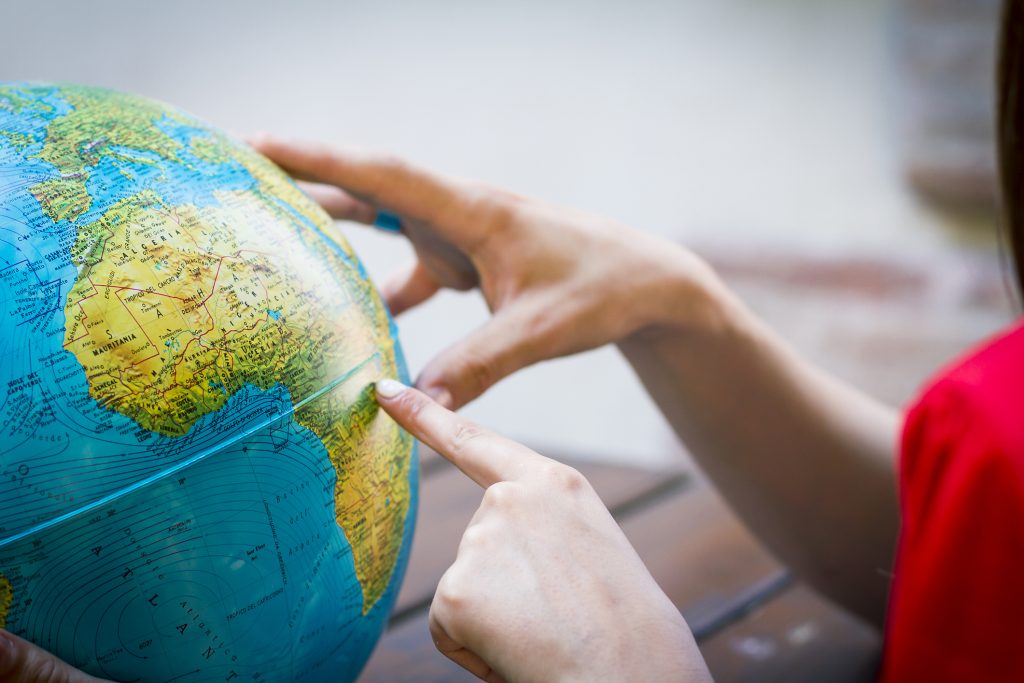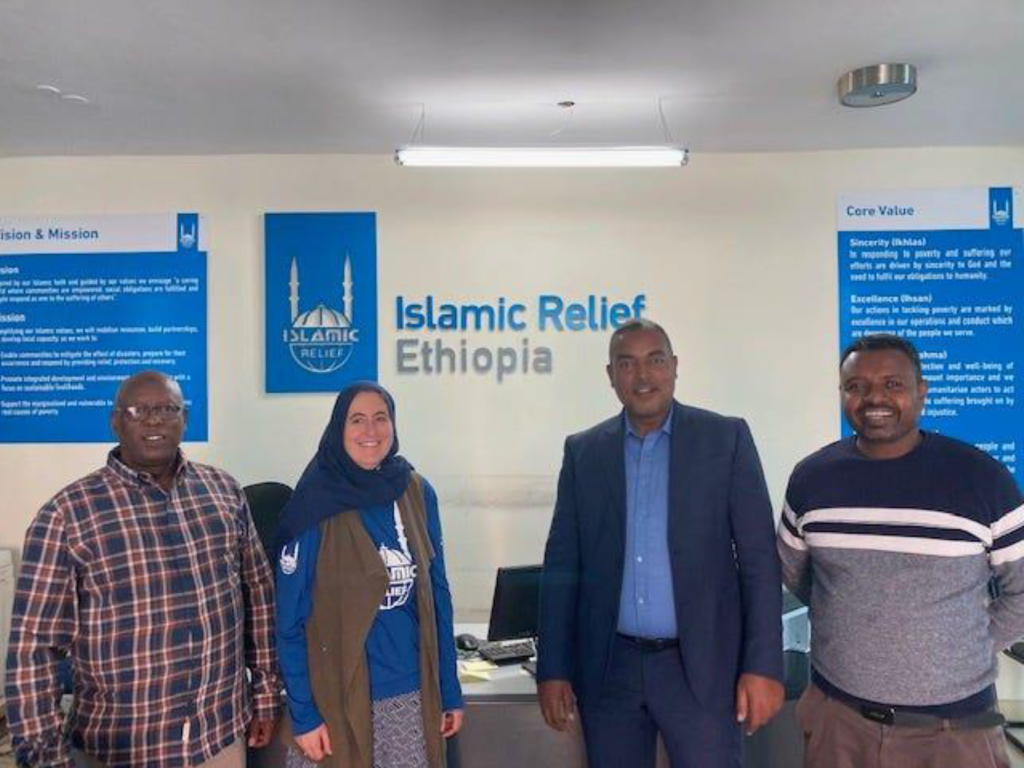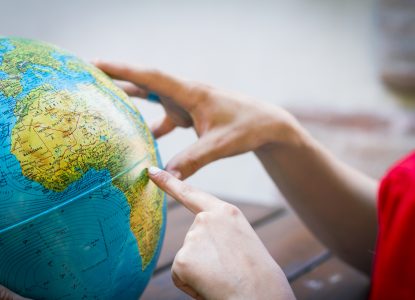By Christina Tobias-Nahi, Islamic Relief USA.
This post was first published on the Islamic Relief USA website and can be found in its original form here. It is being republished with permission.
– – –

The G20 as it Stands
What is the G20 you ask? According to their official website: The Group of Twenty (G20) is the premier forum for international economic cooperation. It plays an important role in shaping and strengthening global architecture and governance on all major international economic issues. Indeed, the G20 was upgraded to the level of Heads of State/Government in the wake of the global economic and financial crisis of 2007 and their summit is held annually, under the leadership of a rotating presidency.
The G20 initially focused largely on just broad macroeconomic issues, but it has since expanded its agenda to include trade, sustainable development, health, agriculture, energy, environment, climate change, and anti-corruption.
The only African G20 participating country at this time is South Africa, yet how when discussing the most salient global issues above is there no voice of the larger African continent comprising almost 1/5 of the world’s population? This is why the G20 Interfaith Forum pushed this message of expansion to a G21 to give the African Union (comprised of 55 countries) a seat at this all important Summit and the many lead up event; same as the European Union holds a seat to represent their by comparison much smaller population group (10% of the global total).
IF20 Meetings in Ethiopia
The February 28 event held at the backdrop of the United National Interfaith Harmony week within the African Union Center in Addis Ababa was presided by high level dignitaries from across the continent including video remarks by Madame President Sahle-Work Zewde of Ethiopia (who regrettably was unable to make it in person but sent a heartfelt video), faith leaders and faith networks including from traditional African religions, women’s rights activists, academics, humanitarian practitioners and peace builders.
In addition to the primary recommendation of the AU seat being a critical dimension on the global stage weaved throughout the day, the morning sessions focused on continental issues such as moving beyond interfaith dialogue to action because of existing legal from colonialism ethnic, tribal, religious, linguistic divisions still wreaking havoc in communities to this day.
By the afternoon, many SDGs were touched upon whether as drivers of conflict and / or opportunities to find solutions together and the interlinkages such as poverty, climate, food insecurity, and mass migration — including penetration into the G20 countries themselves. Islamic Relief USA was happy to weigh in on this last issue and give testimony to African refugees including those underreported women who tragically died at sea in October near our office in Lesvos, but also speak about the real examples of interfaith projects done with Episcopal Relief and Development on gender violence prevention (combating harmful cultural traditions that are antithesis to religious practice) with imams and pastors in Liberia to peacebuilding work with Catholic Relief and World Vision in Central Africa Republic.

Time to Act
Where the G20 goes from here will be well watched, and one can only hope that good sense prevails as a visit to Islamic Relief Ethiopia by IRUSA Director of Public Affairs Christina Tobias-Nahi following the conference showed the direct programming efforts of colleagues to stave off the effects of a five year drought in the Horn of Africa, indeed the worst in 60 years, which is slowly starving livestock and increasing acute malnutrition indicators in pastoralist communities. We watched footage as families are literally feeding their animals the thatch from their own housing as the choice is to feed their children or house their children. Until the time an overdue actual Integrated Food Security Phase Classification (IPC) under the auspices of UN agencies declared famine is pronounced, opening up more funding channels — faith groups and NGOs are doing their best to respond.
It is time to act now to give Africans the dignity they deserve! To find out how you can participate, visit irusa.org/advocacy
– – –
Christina Tobias-Nahi is the director of public affairs at Islamic Relief USA. She has held an exceptional academic and professional career, formerly working with Harvard University, where she also obtained her second graduate degree in education policy. Christina’s life experiences, from her childhood in Hawai’i to her time spent living in China and Paris, inspired her to dedicate her life to advocating for disenfranchised groups and promoting interfaith alliance.


